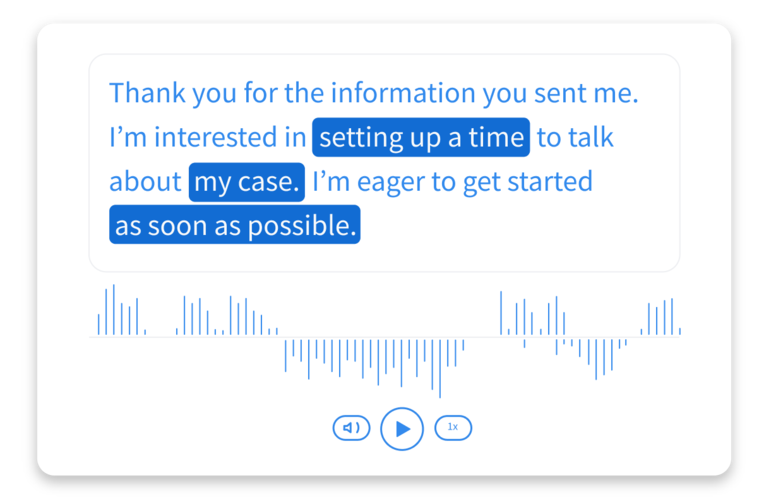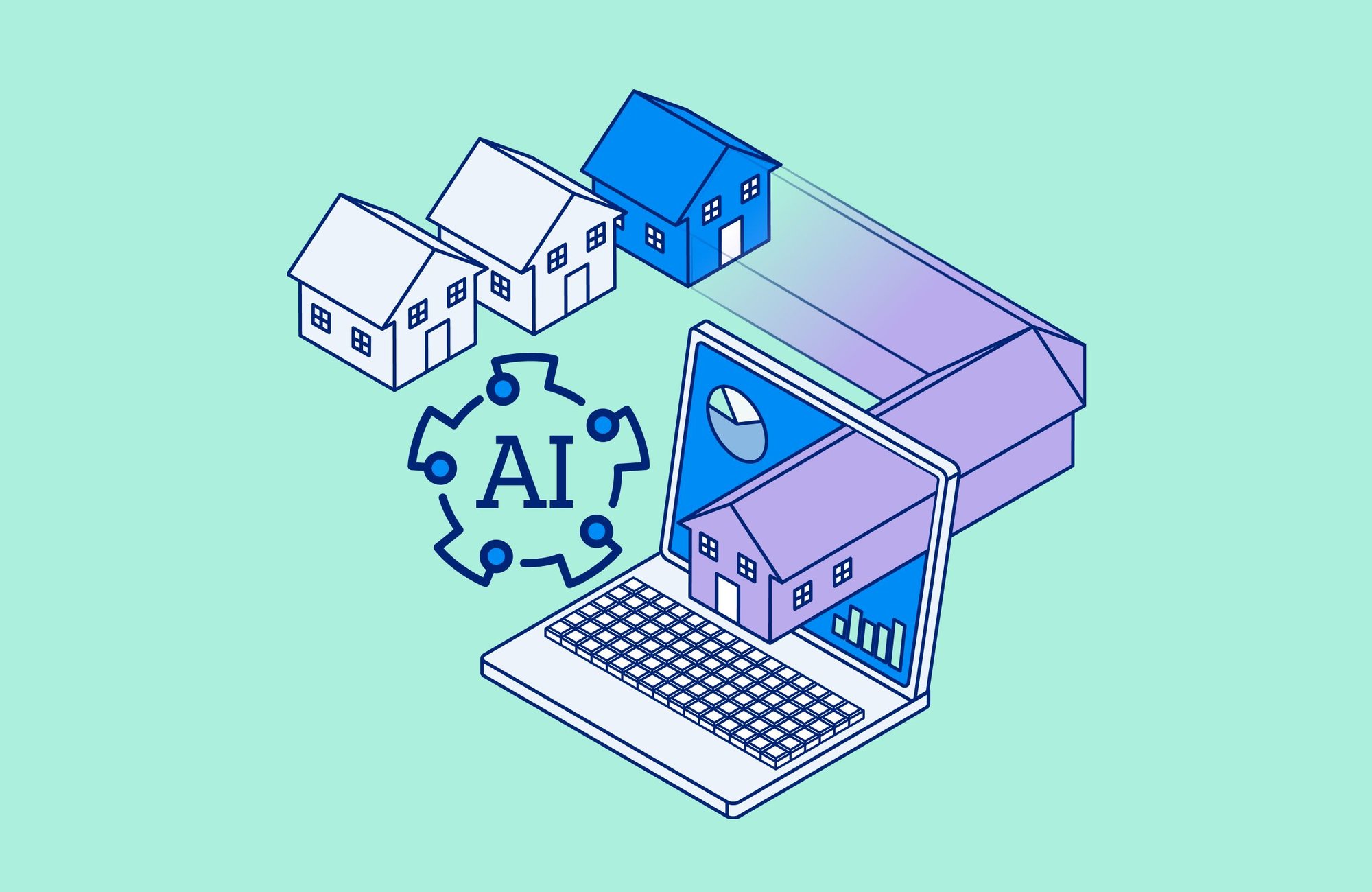The world of real estate is always evolving, and the rise of artificial intelligence (AI) has been a game-changer for agents and brokers alike. AI-powered tools are helping real estate professionals stay ahead of the curve, making it essential to adopt these tools if you want to thrive in the industry. From analyzing local markets to generating property visuals, these AI technologies are transforming the way real estate agents operate and make informed decisions.
One major advantage of AI tools in real estate is their ability to provide quick and accurate insights into property values and market trends. For instance, some AI platforms use advanced algorithms to analyze market conditions, enabling agents to determine the best pricing strategies and investment opportunities. Another application of AI is in the realm of 3D virtual home tours, where platforms like Zillow generate interior designs to enhance the user experience.
In addition to these applications, AI platforms can also help agents manage their day-to-day tasks more efficiently. By incorporating these AI tools into their practices, agents are able to adapt to the changing market demands and provide better services to their clients.
AI’s role in real estate
Exploring AI
Artificial intelligence (AI) is a rapidly growing field that involves the creation of machines and algorithms designed to mimic the human thought process. It's a powerful technology that has the potential to revolutionize the way we live and work across various industries, including real estate. By utilizing AI, real estate agents can analyze vast quantities of data quickly and efficiently to make informed decisions for their clients.
AI-driven systems can also learn patterns and identify trends in the ever-changing real estate market. This ability helps real estate professionals stay ahead of the game, offering a competitive edge in a fast-paced industry.
AI in Real Estate
AI has many applications in real estate, some of which are already in use and making a significant impact. One example is predictive analytics, which uses AI to forecast future market trends and property values. This information allows agents to identify investment opportunities with greater precision, thereby reducing risks and optimizing strategies.
Another example is the use of AI-powered platforms to create 3D virtual home tours. These tools allow potential buyers to view properties remotely in a realistic and immersive way before making the decision to visit in person. This technology can save both agents and buyers time and effort while also providing a superior customer experience.
Additionally, AI can be used in real estate marketing and lead generation. By analyzing preferences and data points, AI-driven systems can precisely target potential clients and generate helpful content that addresses their needs.
In short, the integration of AI in the real estate industry can streamline various processes, create targeted marketing campaigns, and improve overall efficiency for professionals. As this technology continues to evolve, its impact on the real estate market will only become more significant.
Key AI tools for real estate agents
CallRail’s Conversation Intelligence™
CallRail's Conversation Intelligence is an excellent AI tool for real estate agents. This tool tracks phone calls and analyzes conversation content, providing insights on customer preferences and lead quality. Agents can leverage this data to optimize their marketing strategies and improve client communication.

Virtual tours & augmented reality tools
Virtual tours and augmented reality tools, like Zillow's 3D Home Tours Generator, have transformed the real estate industry by enabling agents to create immersive, lifelike property experiences for clients. These tools offer potential buyers an opportunity to virtually walk through a property, making it easy for agents to showcase homes without the need for in-person visits.
Property valuation tools
AI-powered property valuation tools provide real estate agents with accurate and up-to-date estimates of property values. These tools help agents price properties with greater precision and streamline the decision-making process for both buyers and sellers. Having access to such accurate data can significantly improve the success rate of real estate transactions.
Chatbots & virtual assistant tools
Chatbots and virtual assistant tools, like FreshChat, are specifically designed for real estate agents to efficiently handle inquiries from potential clients. These AI-driven tools engage users, generate leads, and enhance customer service by providing instant responses to frequently asked questions, automating appointment scheduling, and more.
Lead generation tools
AI-based lead generation tools empower real estate agents to build better relationships with potential clients by identifying high-quality leads and providing personalized services. These tools analyze user behavior, track key performance metrics, and automate the lead nurturing process, ensuring agents can allocate their time and resources effectively.
In summary, AI tools like CallRail's Conversation Intelligence, virtual tour technology, property valuation tools, chatbots, and lead generation platforms play a crucial role in transforming the real estate industry. By using these tools, agents can enhance their overall productivity and efficiency while providing exceptional service to their clients.
Benefits of AI tools for real estate agents
AI tools are becoming increasingly popular and valuable in the real estate industry as they offer numerous benefits to agents. These agents can use AI-powered tools to analyze market conditions, evaluate property values, and identify investment opportunities with greater precision. This section will discuss three primary benefits of AI tools for real estate agents.
Efficient data analysis
AI tools help real estate agents perform faster and more accurate data analysis. They can process vast amounts of data in a short amount of time, allowing agents to make better-informed decisions about property values, market trends, and investment opportunities. This increased data analysis efficiency helps agents stay ahead in a competitive market.
Improved customer relationships
By automating tasks like customer inquiries and property recommendations, AI tools free up agents' time to focus on building stronger relationships with their clients. This personal touch leads to increased customer satisfaction and retention. AI-powered chatbots and virtual assistants can help agents to handle multiple conversations simultaneously, ensuring timely responses to client queries. Example of such a tool is the 3D Home Tours Generator that allows real estate agents to create virtual tours of properties for ease of showing and client engagement.
Increased operational efficiency
AI tools can automate routine administrative tasks, such as scheduling appointments, managing contracts, and tracking leads. This automation leads to reduced workload for agents, allowing them to focus on their core tasks. Incorporating AI tools in real estate agents' practices helps them to work more efficiently, allowing them to focus on building stronger relationships with clients and streamlining their operations. With efficient data analysis, improved customer relationships, and increased operational efficiency, AI tools are an invaluable asset for real estate agents in a competitive market.
Challenges with implementing AI tools
Adapting to new technologies
Integrating AI tools into the real estate industry can be a challenge for agents who may find the technology intimidating or impersonal. This problem arises due to the personal and intimate nature of real estate transactions many agents value. However, when used strategically, AI can solve real business problems for agents, allowing them to focus less on perceived challenges and more on the solutions AI can provide.
As real estate professionals become more comfortable with these tools, they can improve efficiency, accuracy, and profitability in the industry.
Data privacy concerns
Another challenge that arises when implementing AI technologies in real estate is addressing data privacy worries. AI relies on large amounts of data to make predictions. In the real estate sector, this data may include sensitive information about clients, property records, and market fluctuations. Ensuring the privacy and security of this data is crucial, especially due to legal regulations and ethical standards.
To tackle these concerns, real estate professionals need to work with AI solution providers that prioritize data privacy and security. By implementing cutting-edge encryption methods and adhering to strict privacy policies, these AI tools can aid real estate agents while keeping their clients' data secure. Careful selection of trusted partners can help real estate agents smoothly integrate AI tools, alleviating data privacy concerns.
Parting words: The future of AI in real estate
The future of AI in real estate promises to bring a more efficient and advanced experience for both agents and clients. By integrating AI-driven tools for property analysis, demand forecasting, and customer service, the real estate industry will greatly benefit from the added efficiency and optimized decision-making processes.
As the adoption of AI in real estate continues to grow, it is crucial for professionals to stay informed on these innovations and embrace the benefits they bring. By keeping up with the evolving landscape, real estate agents will be able to stay ahead of the competition and deliver outstanding service to their clients.








